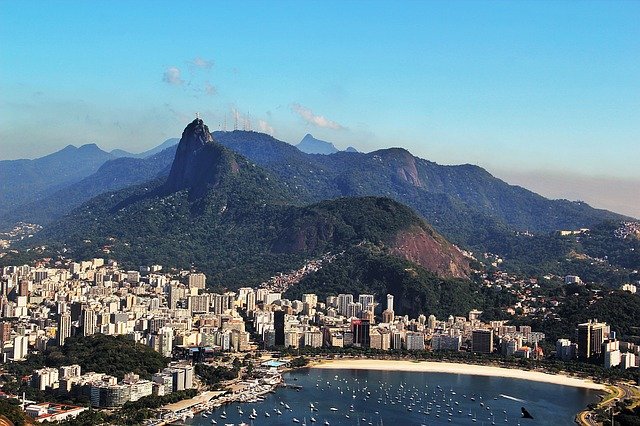3 Best Places and Countries to Escape the Summer for Americans
I had the idea of researching the best places and countries to escape summer last year. My brother moved to Texas and warned me: Don’t visit us in July or August— the summer heat is brutal. And it’s not just Texas; parts of the US and Europe get way too hot, to the point people […]
3 Best Places and Countries to Escape the Summer for Americans Read More »










